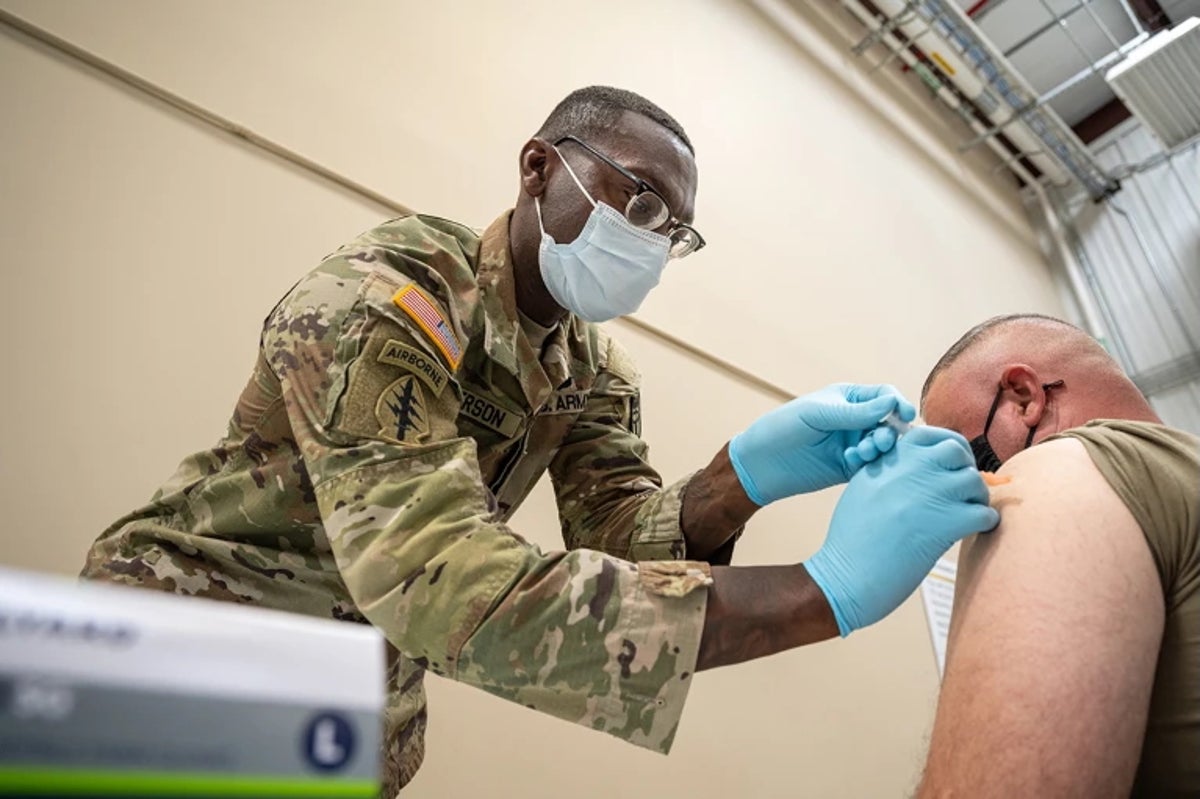
"The abrupt termination last month of nearly half a billion dollars in US government contracts for mRNA vaccine research rattled scientists working inside and outside industry. The cuts raised alarm about the country's commitment to the Nobel-prizewinning technology, which is credited with saving millions of lives during the COVID-19 pandemic and is regarded as essential for fighting viruses in the future."
"Yet not all large-scale research into mRNA vaccines in the United States is being dismantled. Nature has learnt that, even as the US Department of Health and Human Services (HHS) led by vaccine critic Robert F. Kennedy Jr pulls back, the country's military continues to bankroll parts of the same research. Among the beneficiaries are programmes developing vaccines against some of the world's deadliest pathogens, including the virus that causes CrimeanCongo haemorrhagic fever (CCHF), a tick-borne disease that kills up to 40% of those infected."
"A lot of us are at least relieved the Department of Defense [DoD] is not abandoning mRNA research, says Amesh Adalja, an infectious-disease specialist at the Johns Hopkins Center for Health Security in Baltimore, Maryland. Still, he cautions that the HHS's rejection of the technology, combined with broader policy fractures across the government, threatens to hobble national and global readiness for emerging infectious threats."
Nearly half a billion dollars in US government contracts for mRNA vaccine research was abruptly terminated, rattling scientists. The cuts raised alarm about national commitment to mRNA technology, which saved millions during the COVID-19 pandemic and is seen as essential for future viral response. The Department of Health and Human Services pulled back funding while the US military continues to finance parts of the research. Military-funded programmes include vaccine development against deadly pathogens such as Crimean–Congo haemorrhagic fever. Government officials consider such work vital to protect deployed troops and to prevent potential global outbreaks. Policy fractures threaten national and global readiness.
Read at www.nature.com
Unable to calculate read time
Collection
[
|
...
]